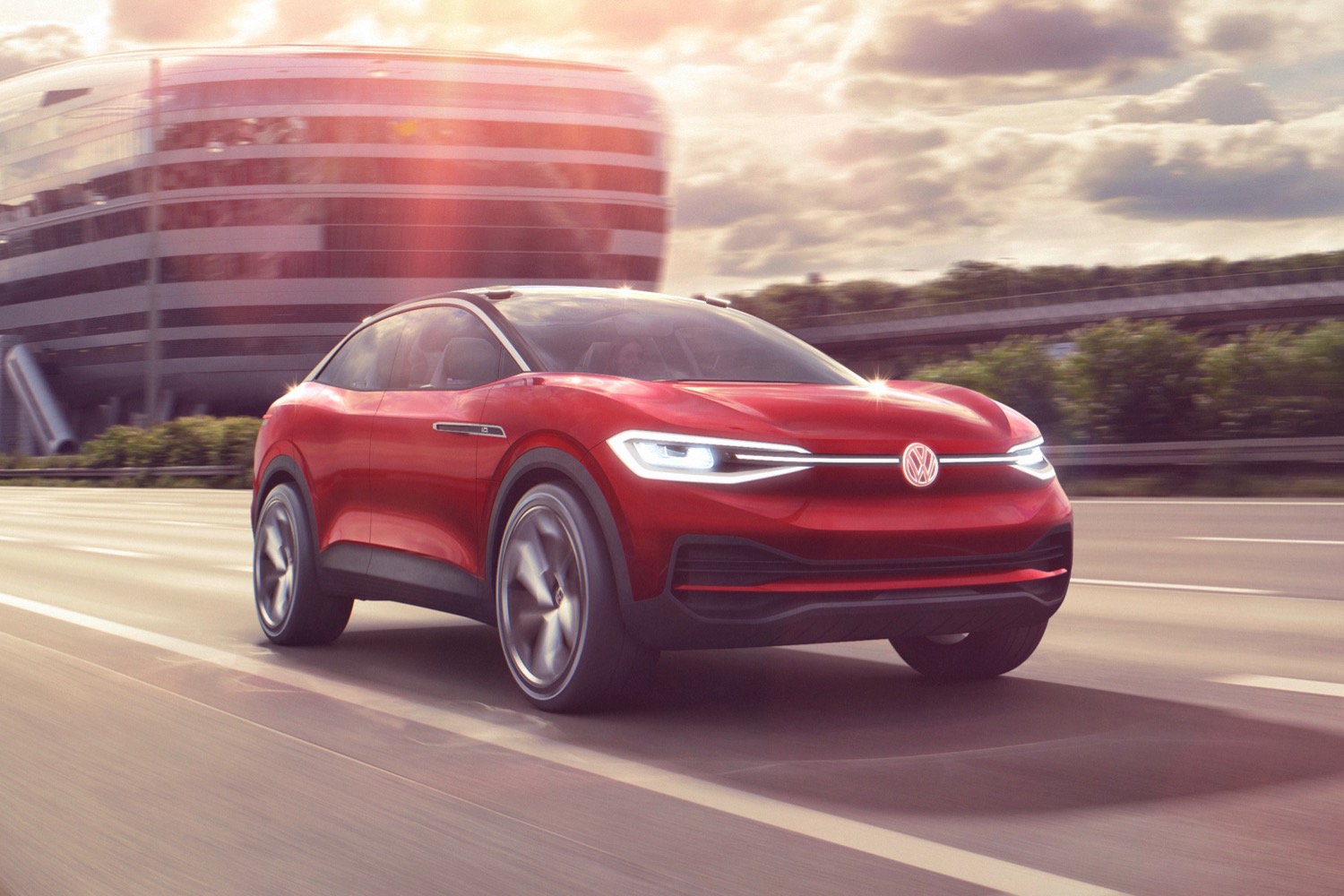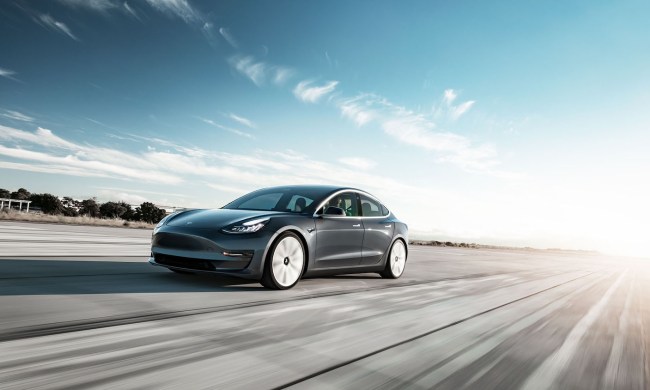
Shortly after starting mass production of electric cars in Germany, Volkswagen took the first step toward doing the same in the United States. VW previously said it would start making electric cars at its Chattanooga, Tennessee, factory in 2022. Now the German automaker has broken ground on an expansion of the factory to make that happen.
The expansion includes a 564,000-square-foot addition to the factory’s body shop, and a new 198,000-square-foot facility that will assemble battery packs. Volkswagen is spending $800 million on the expansion, and expects to add 1,000 jobs in Chattanooga.
Volkswagen opened the Chattanooga factory in 2011 as part of a renewed effort to conquer the U.S. market. The plan was to build cars designed specifically for Americans in America — starting with the Passat sedan. A downturn in sedan sales and the “Dieselgate” scandal threw a wrench in those plans, but VW has rebounded. In addition to the Passat, the factory currently builds the Atlas and Atlas Cross Sport crossovers, although the latter won’t go on sale until next year. The factory will build internal combustion cars and electric cars side by side for the foreseeable future.
The first VW electric car to be built in the U.S. will be based on the ID.Crozz concept (pictured above). Expected to be called ID.4, it’s a small crossover that shares Volkswagen’s MEB platform with several other upcoming electric cars. Sales are expected to start in late 2020, with the first cars built in Germany and shipped to the U.S. Production at the Chattanooga factory will start in 2022.
Volkswagen recently kicked off large-scale production of electric cars in Zwickau, Germany, with the ID.3 hatchback. The ID.3 won’t be sold in the U.S., but shares the MEB platform with the ID.Crozz/ID.4. VW also plans to start making electric cars at two locations in China in 2020, and at two more German sites by 2022. Volkswagen hopes to sell 22 million electric cars globally by 2028.
VW hasn’t confirmed plans to build any other electric cars in the U.S., but at least two more models will be sold here. One will be a modern version of the classic Volkswagen Microbus, based on the ID.Buzz concept. The other will be a crossover based on the ID.Space Vizzion concept, with a promised 300-mile range.


